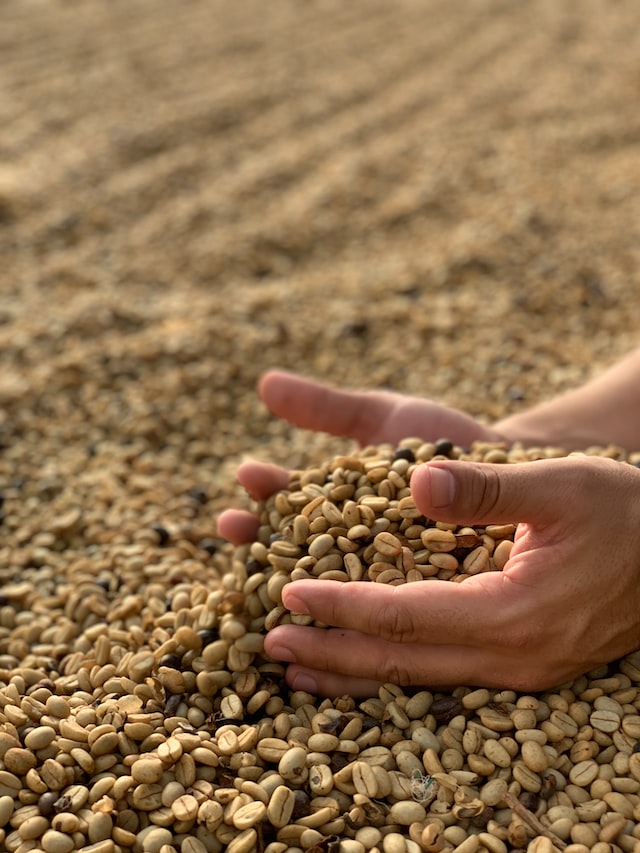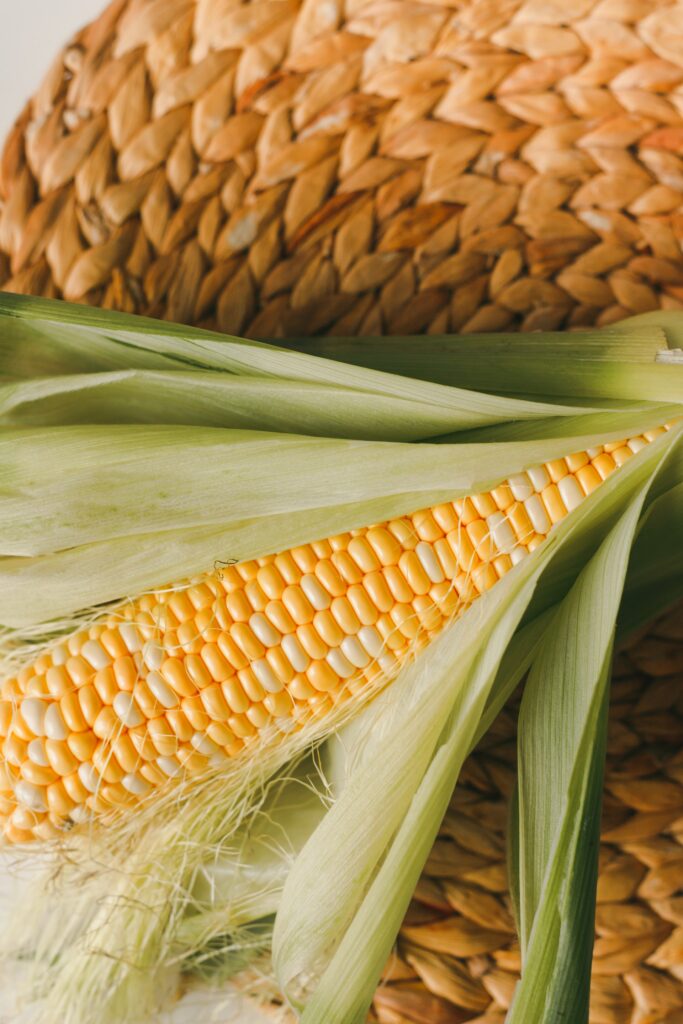Grains

Agricultural products and grain
The company’s line of business includes wholesale of agricultural crops: grain, seeds, spring and spring barley, wheat, dry beans, soybeans. We market these products from the global origins to major domestic end-users. Our company supplies wheat of different Grades. The Grade II and III to be used in food purpose (mainly for flour-milling and baking industry). Feed wheat to be used in feed purposes and production of animal mixed fodder. As per customer’s requirement other non-class-generating quality parameters can be analyzed in accordance with internationally recognized and approved methods. Corn (maize) – one of the most popular foods in the world, and is the second best-selling grain culture after wheat. Corn, like other commodities such as crude oil and coffee, comes in different qualities. The most important types of corn we supply are high-grade number 2 and number 3 yellow corn, which are both traded in the futures markets.The most commonly grown type of corn is sugar yellow corn. We can supply yellow and white corn. GMO and Non Gmo at very competitive rate. We can pack in bulk loose; bulk 1 MT bags and can also do smaller packing. Prices varies accordingly.
Agricultural products fall into one of three groups: foods, fuels, raw materials.
Here are examples of each:
Grains and cereal crops are grown on more than half the world’s farmed acreage, according to the U.S. Department of Agriculture (USDA).
Fuels.
Ethanol, produced from corn, sugarcane, or sorghum, is the agricultural fuel product in the widest use.
Raw materials.
These are agricultural products used to make other agricultural products. For example, livestock feed, considered an agricultural product, is used to provide nourishment to the animals that produce dairy products.
In order to predict the prices of agricultural products in the future, it is important to take a look at supply and demand. The demand for agricultural products is primarily determined by the growth in the population and prosperity. For the coming decade, a decrease in population growth and a robust economic growth are expected. This means an increase in the demand for agricultural products. In addition, the non-food demand is growing because biomass is replacing fossil raw materials as a fuel source. The supply of agricultural products depends on the area of land used for agriculture and the yield per hectare. During the coming decade, a slight increase in the area of land used for agriculture and productivity are expected. The high agricultural prices are attributable to a combination of factors. A distinction may be made between the effects of supply, demand, policy and other factors. Over the past several years, the supply of raw materials has dropped as a result of poor harvests caused by extreme weather conditions. Global stocks have also reached unprecedented low levels. The high oil prices are also affecting the food prices. The demand for raw materials has risen worldwide due to the developing economies. The interest in biofuels has also increased the demand for grains and oilseed.
GRAIN STORAGE

Thanks to our storage grain bins, we use the technologically advanced dryers, complete with our cutting-edge control systems. Some of the responsibilities of a grain elevator include checking the quality of the products, maintaining that quality throughout the entirety of the time that the grain is there, promoting the sell of the grain, managing the prices of the market and finally shipping the grain on the way to a destination. Once the our customer is ready to buy, grain gets dumped out of the silo into the transportation vehicle (train, truck etc.).
Selling grains and pulses in Europe is a competitive business because of the vast offer of commercial commodities which have been traditionally traded. In general, grains and pulses that are organic or fair trade certified are very attractive for niche markets.The special attributes of niche products offer exporters the possibility to gain market share and attract specific consumer groups. Each product category within Grains & Pulses has its own quality requirements.
European buyers and consumers are very stringent and expect the product to comply with quality and safety standards. The presence of contaminants such as pesticide residues, heavy metals and aflatoxins present an especially large hurdle for imports into Europe, and both the competent authorities and private operators exercise strict controls.
We are sure that we can supply the level of quality as expected by our buyer and as agreed in the sales contract.
Our company implemented good traceability and quality control systems at our facilities, which assure that our products are safe and produced to the European standard. We submit on-time laboratory results for pesticide residues, mycotoxins, fungi or any other substances required.
We always keep in mind that our customers need products to arrive on time, as they also have agreements with their clients to fulfil. Therefore, it is important to allow plenty of time to get our products ready to be shipped. This way both parties can avoid losing their buyers.
We maintain strategic ties with local warehouses, logistic partners and ports in major producing and consuming regions.
Due to the FILORA global presence, we have market leverage and regularly provide price indications from the global origins to major importers.
We are growing our business with a flexible business model that leverages on our experience
in the futures market and resources in the trading sector.
We implement prudent risk control measures from origination and storage to distribution and cost management,
so as to secure consistent supply of corn and wheat to our customers.
We are active members of Commodity Exchanges, and apply the experience we have gained
from agricultural products business and our analyzing expertise.
